According to two new studies – to be presented at ASN Kidney Week 2015 November 3-8 at the San Diego Convention Center in San Diego, CA – certain popular acid reflux medications could increase an individual’s risk of developing kidney disease. The drugs – known as proton pump inhibitors (PPIs) – are within the top 10 most prescribed medications in the US.
It is estimated that over 20 million Americans suffer from chronic kidney disease (CKD) – a number that’s steadily increasing. While certain existing medical conditions – including hypertension and diabetes – can increase one’s risk of CKD, some medication can also be damaging to the kidneys, eventually leading to CKD.
According to two new studies, the rise in PPI use may be a contributor to the increase in CKD. These drugs are often to treat stomach ulcers and acid reflux.
The first study – conducted by Dr. Benjamin Lazarus and his colleagues at Johns Hopkins University – involved 10,482 adults with normal kidney functioning, between 1996 and 2001. Their study showed that individuals taking PPIs were 20 to 50% more at risk of developing CKD, compared to their non-PPI using counterparts.
A second study – conducted between 1997 and 2014 – was undertaken involving 240,000 patients in an effort to replicate results from the first study. According to Lazarus, “In both studies, people who used a different class of medications to suppress stomach acid – known as H2-blockers – did not have a higher risk of developing kidney disease. If we know the potential adverse effects of PPI medications we can design better interventions to reduce overuse.”
In a separate study, Dr. Pradeep Arora and his colleagues conducted a study involving 71,516 patients between the years of 2001 and 2008. They found that of the 24,149 patients who developed CKD, 25.7% were being treated for reflux or ulcers with PPIs.
Interestingly, Arora’s study found that patients taking PPIs were less likely to develop chronic obstructive pulmonary disease, hypertension, diabetes, cancer, or vascular disease. Those patients were however, at a 10% increased risk of developing CKD and PPI use was associated with a 76% increased risk of premature death.
“As a large number of patients are being treated with PPIs, health care providers need to be better educated about the potential side effects of these drugs, such as CKD,” said Aurora. “PPIs are often prescribed outside of their approved uses, and it has been estimated that up to two-thirds of all people on PPIs do not have a verified indication for the drug.”
Sources:
- Popular Acid Reflux Meds May Boost Kidney Disease Risk, Johns Hopkins University Study – http://www.biospace.com/news_story.aspx?StoryID=396742&full=1


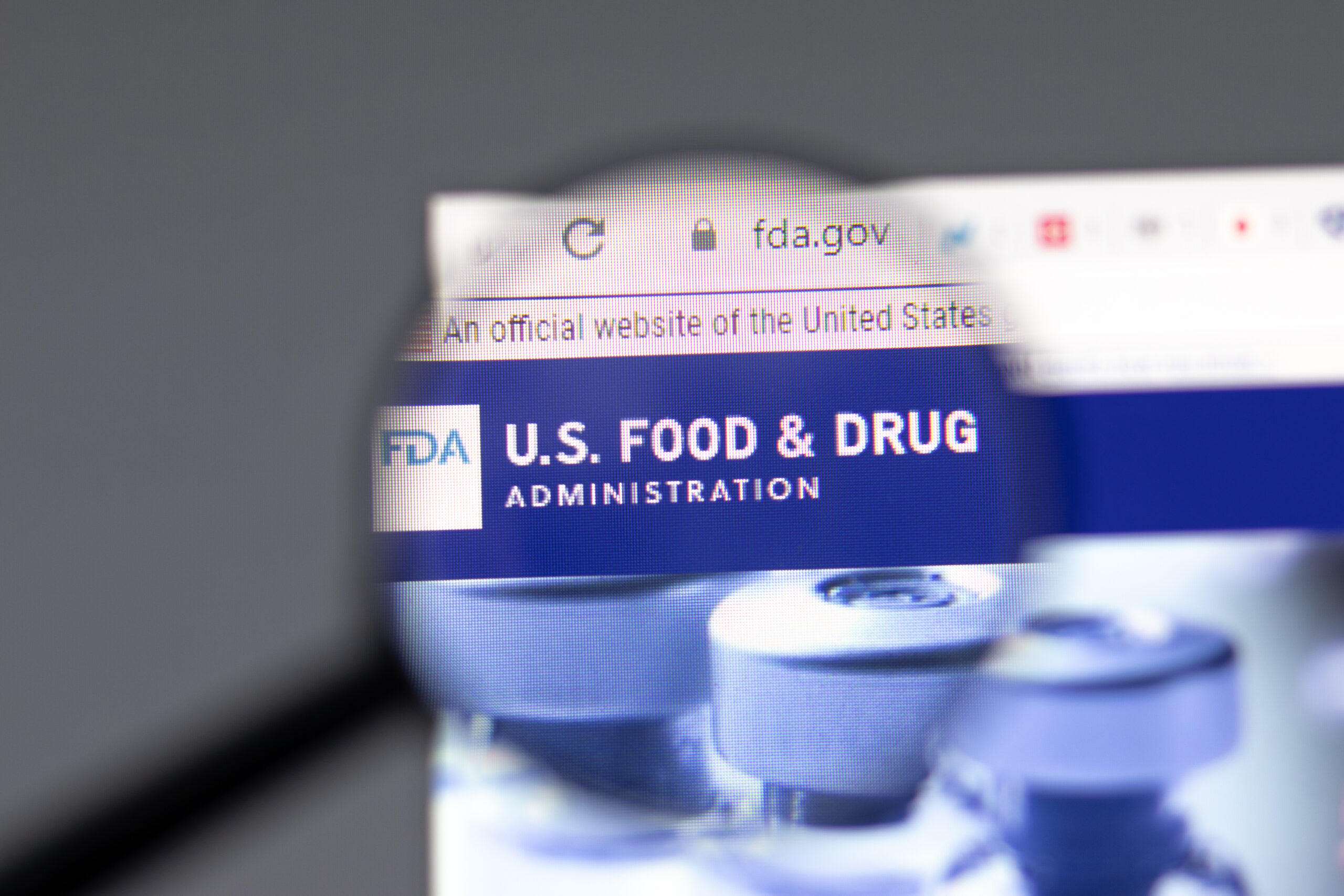
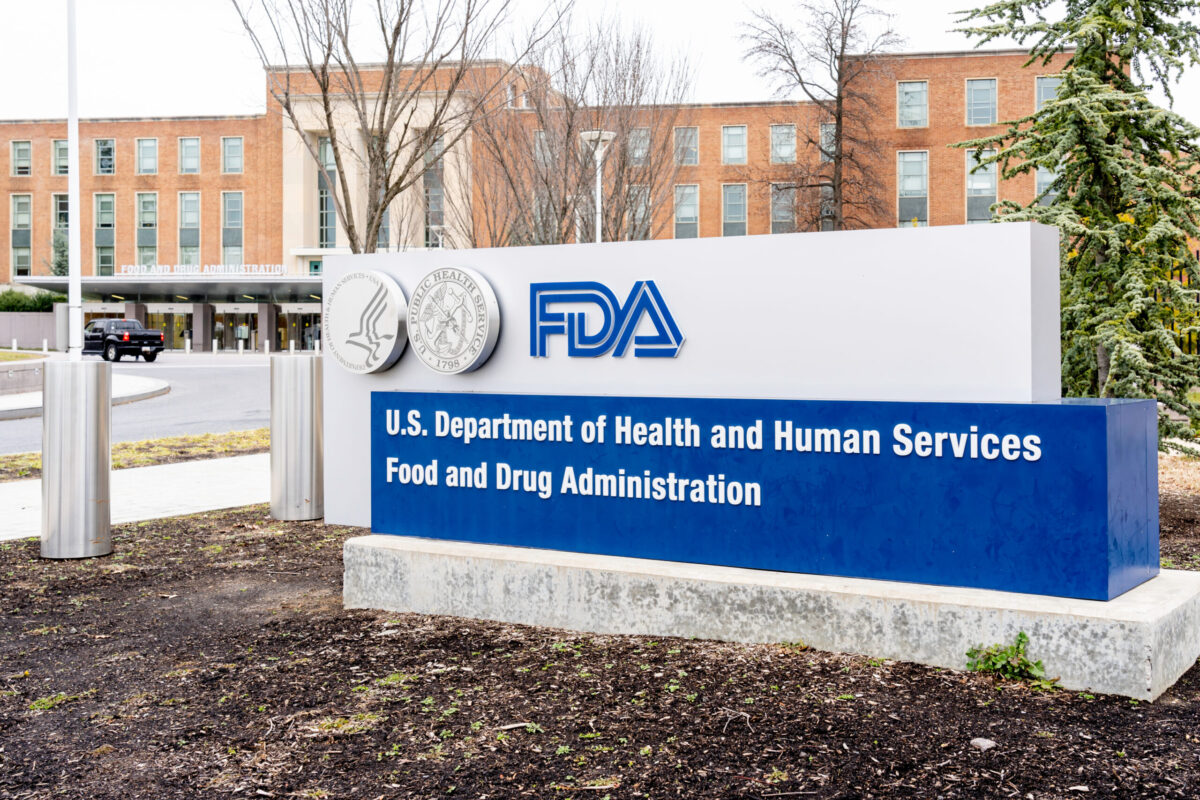
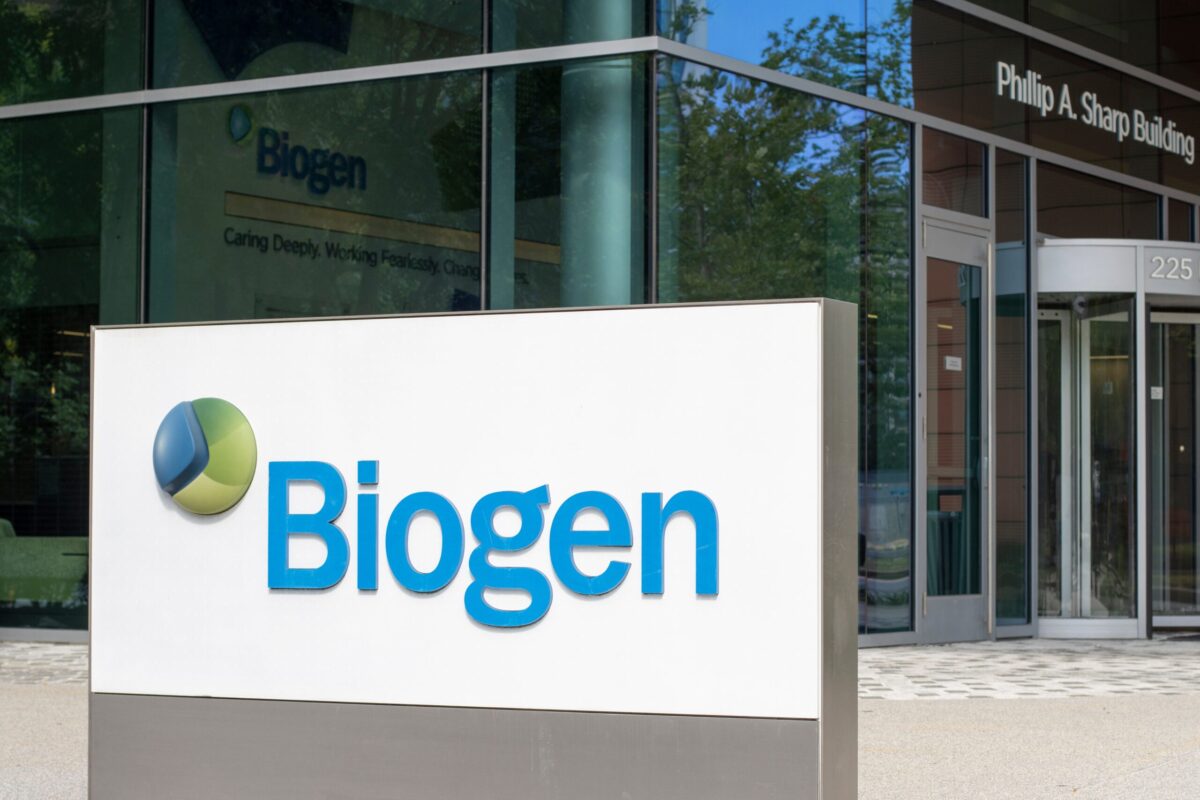
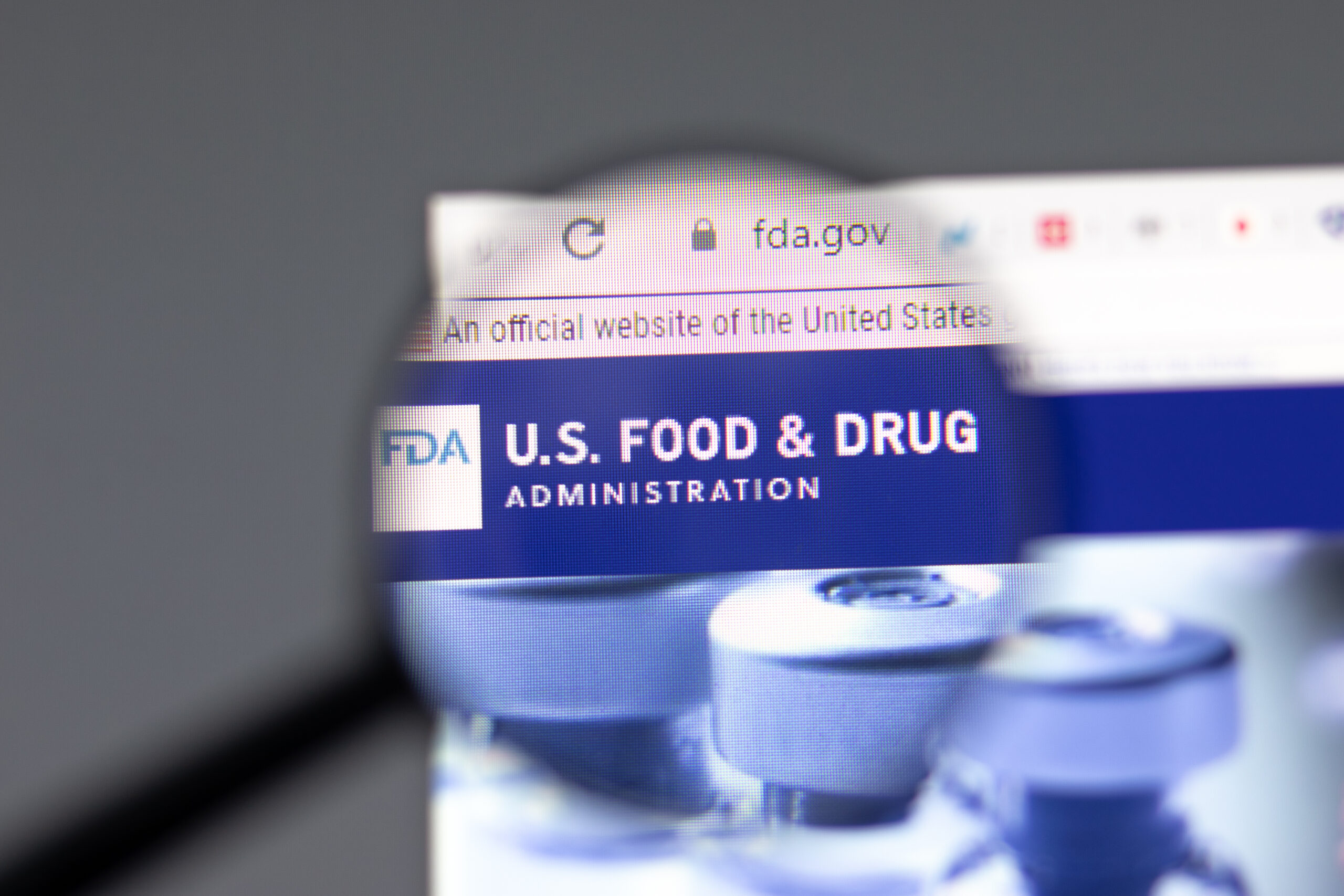
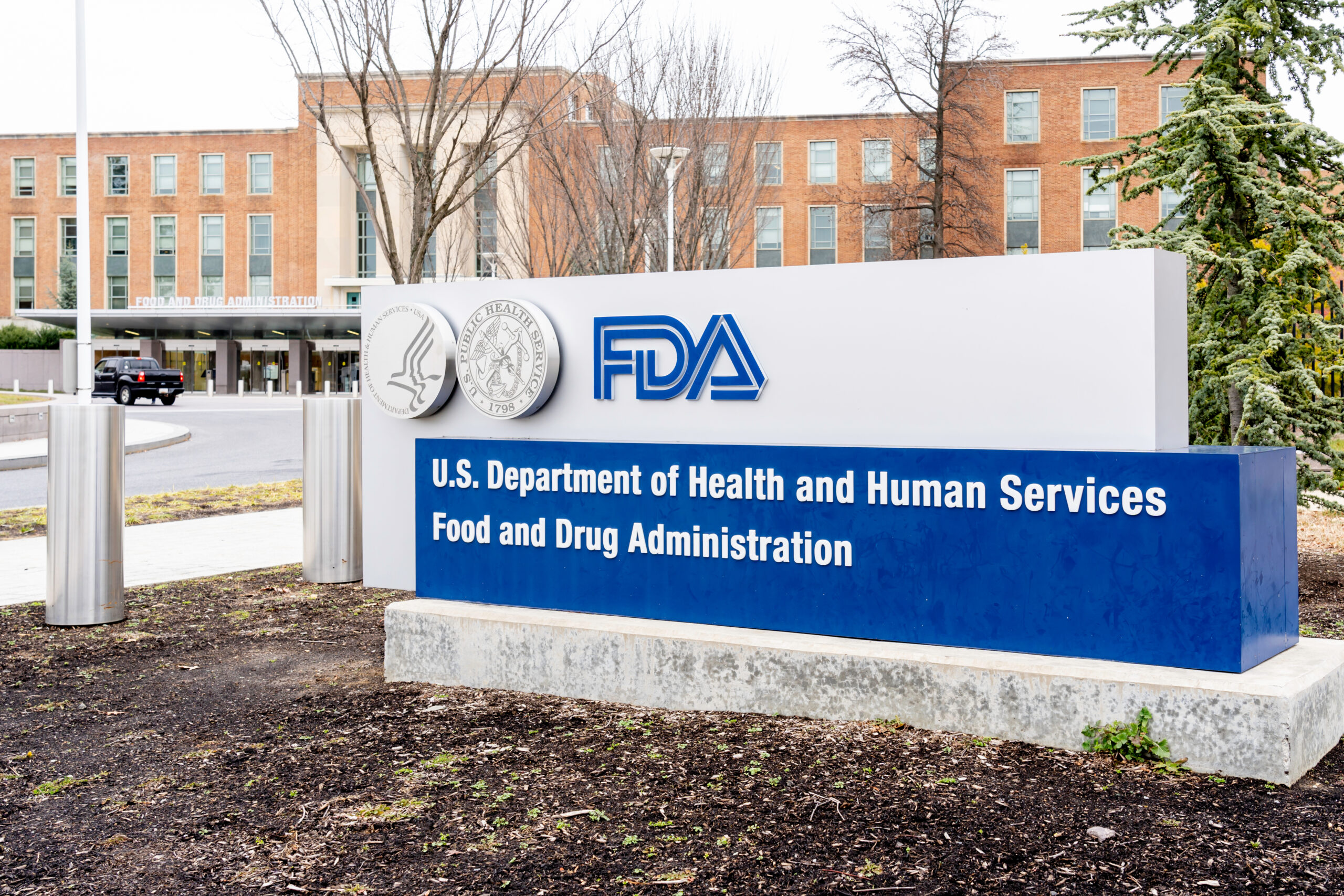





Join or login to leave a comment
JOIN LOGIN